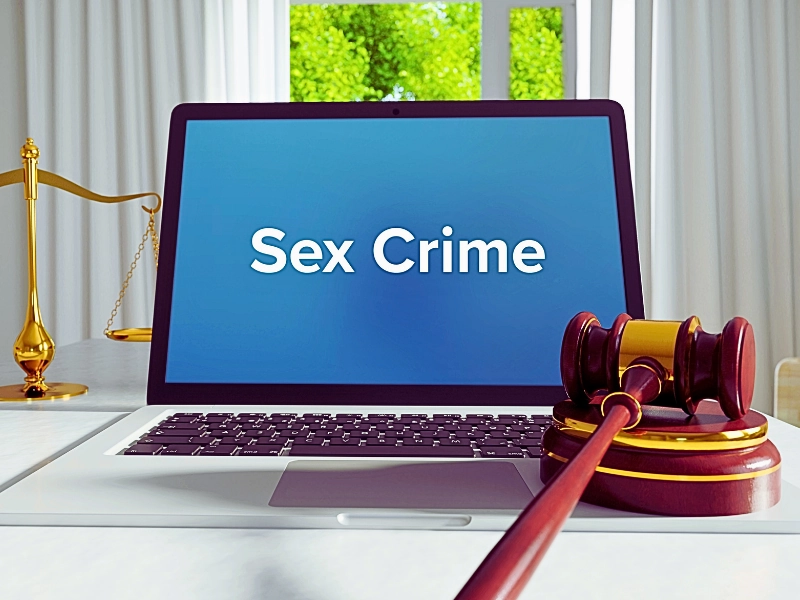As of July 1 in Minnesota, there is a new illegal drug in the state. It’s a synthetic drug, sold as “bath salts” that mimics the physical effects of other already illegal drugs such as marijuana and LSD. The substance has been outlawed in Minnesota and throughout the county because of the reported dangers it poses to users.
According to a Rosemount police officer, one of those dangers is the potential for driving under the influence. His fear was validated on Sunday, when he arrested a 46-year-old driver for a felony DUI. The driver was not under the influence of alcohol. He passed a breath test. He still faces the serious charges.
How can that be so? Authorities report that the defendant admitted after being pulled over that he was under the influence of bath salts. The synthetic drug allegedly made him jittery but mentally slow when responding to the officer. This was the first time in Minnesota that a driver has been arrested and charged with driving under the influence of a synthetic drug.
This might be the first case of this kind in the state, but for this particular defendant, this is not his first time dealing with DUI charges. The Star Tribune reports that he has been convicted of 10 prior DWIs. This time, he was legally pulled over because witnesses and police saw him veering his blue pickup truck on the night of the arrest.
Because this is the first case of its kind in Minnesota, we will post an update when there are new developments to the story.
Source
Star Tribune: “Rochester driver charged with using synthetic drug,” Joy Powell, 6 Jul. 2011






